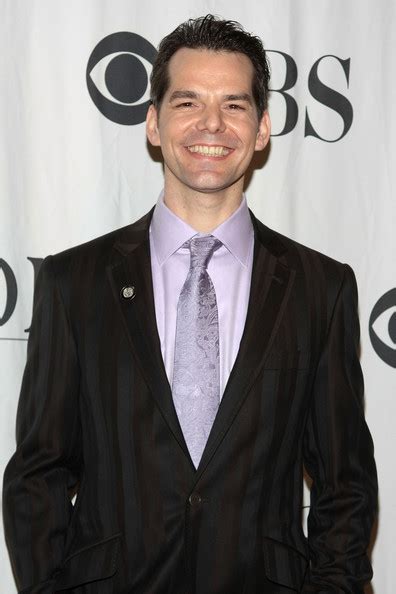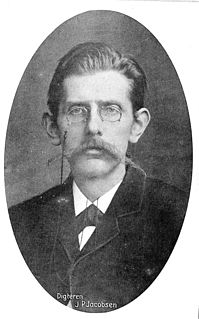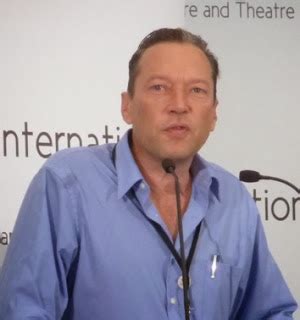A Quote by Desiderius Erasmus
As an example of just how useless these philosophers are for any practice in life there is Socrates himself, the one and only wise man, according to the Delphic Oracle. Whenever he tried to do anything in public he had to break off amid general laughter. While he was philosophizing about clouds and ideas, measuring a flea's foot and marveling at a midge's humming, he learned nothing about the affairs of ordinary life.
Related Quotes
Socrates himself said, 'One thing only I know, and this is that I know nothing.' Remember this statement, because it is an admission that is rare, even among philosophers. Moreover, it can be so dangerous to say in public that it can cost you your life. The most subversive people are those who ask questions. Giving answers is not nearly as threatening. Any one question can be more explosive than a thousand answers.
That food nourishes, sleep refreshes, and fire warms us; that to sow in the seed-time is the way to reap in the harvest, and, in general, that to obtain such or such ends, such or such means are conducive, all this we know, not by discovering any necessary connexion between our ideas, but only by the observation of the settled laws of nature, without which we should be all in uncertainty and confusion, and a grown man no more know how to manage himself in the affairs of life than an infant just born.
Philosophers feel a little more cautious about letting down their technical guard lest the general public doesn't recognize their special credentials. It's the fact that philosophy is of general interest that, paradoxically, keeps philosophers from wanting to speak in a way that's accessible to the general public.
We're sitting in here, and I'm supposed to be the franchise player, and we in here talking about practice. I mean, listen, we're talking about practice, not a game, not a game, not a game, we talking about practice. Not a game. Not, not... Not the game that I go out there and die for and play every game like it's my last. Not the game, but we're talking about practice, man. I mean, how silly is that?.. And we talking about practice. I know I supposed to be there. I know I'm supposed to lead by example... I know that... And I'm not... I'm not shoving it aside, you know, like it don't mean anything. I know it's important, I do. I honestly do... But we're talking about practice man. What are we talking about? Practice? We're talking about practice, man.
Throughout the entire history of philosophy, philosophers have sought to discover what man is - or what human nature is. But Sartre believed that man has no such eternal nature to fall back on. It is therefore useless to search for the meaning of life in general. We are condemned to improvise. We are like actors dragged onto the stage without having learned our lines, with no script and no prompter to whisper stage directions to us. We must decide for ourselves how to live.
Let's just put the business aside and talk about family. Family's just amazing. My wife Jenny-Lynn is an incredible mother. Our son Geddy is just unbelievable. Nothing but love and laughter and that's what life should be. It's so hard when you're in the industry we're in. It can be very negative. I've tried my whole life to stay positive with this gig, and I do. I just love what I do - but more importantly - I love life.
He was weary of himself, of cold ideas and brain dreams. Life a poem? Not when you went about forever poetizing about your own life instead of living it. How innocuous it all was, and empty, empty, empty! This chasing after yourself, craftily observing your own tracks--in a circle, of course. This sham diving into the stream of life while all the time you sat angling after yourself, fishing yourself up in one curious disguise or another! If he could only be overwhelmed by something--life, love, passion--so that he could no longer shape it into poems, but had to let it shape him!
The principle of plural marriage was revealed to the Mormons amid much secrecy. Dark clouds hovered over the church in the early 1840s, after rumors spread that its founder, Joseph Smith, had taken up the practice of polygamy. While denying the charge in public, by 1843 Smith had shared a revelation with his closest disciples.
Socrates: So even our walks are dangerous here. But you seem to have avoided the most dangerous thing of all. Bertha: What's that? Socrates: Philosophy. Bertha: Oh, we have philosophers here. Socrates: Where are they? Bertha: In the philosophy department. Socrates: Philosophy is not department. Bertha: Well, we have philosophers. Socrates: Are they dangerous? Bertha: Of course not. Socrates: Then they are not true philosophers.
In working with top leaders and thought philosophers of our time, I will tell you that among their secrets of success is a regular practice of acknowledging and appreciating what they have. It can offer an oracle into the future because it not only tells you where you are, but it also helps clarify where you want to go in life.
There is nothing more terrible, I learned, than having to face the objects of a dead man. Things are inert: that have meaning only in function of the life that makes use of them. When that life ends, the things change, even though they remain the same. […] they say something to us, standing there not as objects but as remnants of thought, of consciousness, emblems of the solitude in which a man comes to make decisions about himself.





































